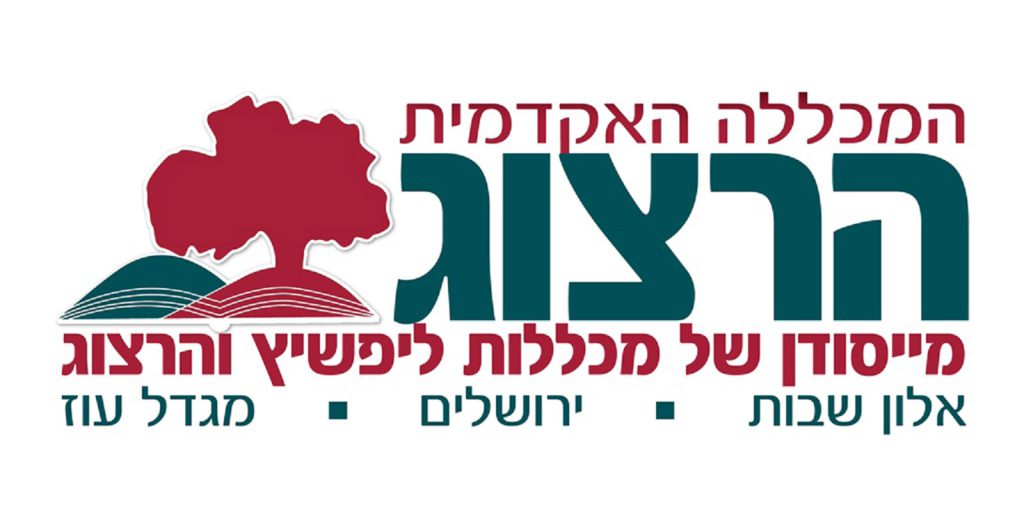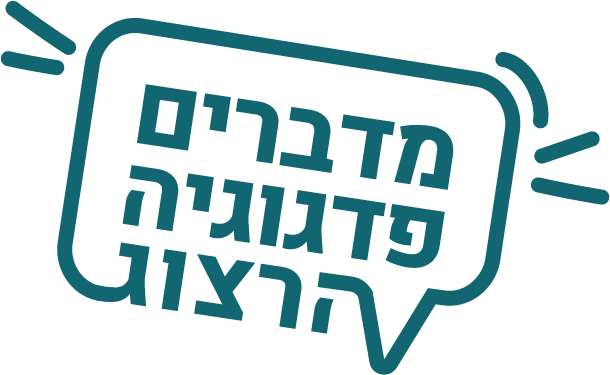The opening passuk of Parashat Vayikra reads: “And He called to Moses, and the Lord spoke to him from the Tent of Meeting” (Leviticus 1:1). The Hebrew word Vayikra (וַיִּקְרָא), meaning “and He called,” carries profound significance. Unlike the more casual vayidaber (And He spoke) or vayomer (And He said), vayikra denotes an intentional summoning by God. Moses does not initiate this dialogue; he responds to a call.
In English, the term "calling" has similar connotations. It often refers to a deep sense of purpose or responsibility, as in “a calling to serve others,” blending personal fulfillment with higher responsibility. Modern etymology studies link this word to the new testament (I Corinthians vii.20) where the calling seems to indicate an acceptance of one’s role in life; if you are a slave, accept that that is what you are “called to do”. This diverges from mainstream Jewish thought. Jewish thought emphasizes Vayikra as an invitation to rise to one's potential rather than resigning to one's circumstances.
Whether it is God calling on Moses or individuals recognizing their life’s calling, the act of being called upon reminds us of our purpose and potential. It invites us to proactively follow what we believe God or life expects of us.


